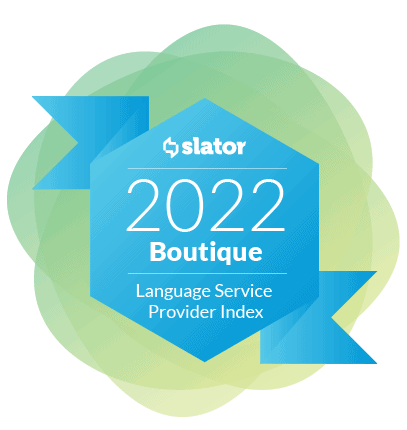|
Listen to Post
|
Listen to this article now:
A Clinical Outcome Assessment, or “COA”, is a measure that provides a rating or score to assess patients’ health status. These assessments define efficacy endpoints when developing a therapy for a disease or condition. Their basic characteristic is that they may be influenced by human choices, judgment, or motivation, but in any case, they possess adequate measurement properties to demonstrate the benefits of a treatment. In other words, they can be interpreted as treatment benefits of medical interventions on how patients feel, function, or survive in clinical trials.
Which are the subcategories of Clinical Outcome Assessments?
Patient-reported outcomes (PROs), in which the patient directly reports on his or her condition. During this assessment, measured by self-report or by interview, there is no amendment or interpretation of the patient’s status by a clinician or anyone else.
Clinician-reported outcomes (ClinROs), in which a healthcare provider observes and reports on the patient’s condition. Such an assessment is conducted and reported by a trained health care professional and requires specialized professional training to evaluate the patient’s health status.
Observer-reported outcomes (ObsROs), in which a healthcare proxy or parent observes and reports on the patient’s condition when the patient can’t do so. This type of assessment does not include medical judgment or interpretation. Generally, they are reported by a parent, caregiver, or someone who observes the patient in daily life.
Performance outcomes (PerfOs), which measure a patient’s cognitive or physical performance according to instructions that are administered by a health care professional. The patient undergoes tests, such as walk, memory recall or various cognitive tests, which can’t be carried out without their cooperation and motivation.

The importance of linguistic validation on COAs
Unlike other types of document translation, COA translations follow a workflow process called linguistic validation with the main aim of providing accurately localized clinical outcome assessments specifically for the target population. The linguistic validation is a key process to ensure that the meaning is conveyed accurately in each language, always respecting the specific cultural and linguistic conventions. This workflow is important because it eliminates the chances of patients misunderstanding the questions, which can lead to contradictory results and possible rejection of the clinical trial research.

Switching from COA to eCOA
As its name suggests, an eCOA is the digital version of a Clinical Outcome Assessment (COA). Deployed through various technologies, such as smartphones, tablets and computers, an eCOA allows to report outcomes from clinical trials directly. The migration from COAs to eCOAs is a process with indisputable benefits. It has clearly been shown that they provide results of higher quality and greater quantity, of increased reliability and with near real-time insights. Unquestionably, they eliminate hidden costs related to paper records and the inherent possibility to flag data that has not been filled in compliance with the protocol can prove cost effective for the sponsor. It goes without saying that the sheer volume of clinical trial data that can be efficiently gathered with eCOA justifies the increased need for transition from COAs to eCOAs.
Cooperation needed for eCOA transition
A successful switch of these assessment instruments from paper to electronic versions is calling for close cooperation between the eCOA vendor, the translation company, the authors and the sponsor. Details, such as study specificities and copyright restrictions need to be clarified as early as possible for the process to run smoothly.

Linguistic validation services by experts
Another issue to take into account during the migration of clinical outcome assessment measures into their digital versions is the fact that most ethics committees will request copies of the texts patients will face in local languages and in the exact final display of screens. In view of the above, one can clearly understand the crucial role that the language service provider plays both for the linguistic validation process, and the provision of accurately adapted/translated clinical outcome assessments, as well as the flawless migration from paper COAs into their digital versions. An experienced language services provider is in a position to identify the possible translation and migration issues, propose the most appropriate course of action and guarantee results without compromising the integrity of the clinical trial.
Do you need help with the translation of your Clinical Outcome Assessments? Contact the Commit Global team today!
Read also:
5 Steps to Success with Clinical Trial Translations
Informed Consent Translations: The Importance of Understanding
The Importance of Accuracy in Medical Translations – The Case Of Willie Ramirez
Why is language translation so crucial in clinical trials?
Linguistic Validation Services in Life Sciences Localization








